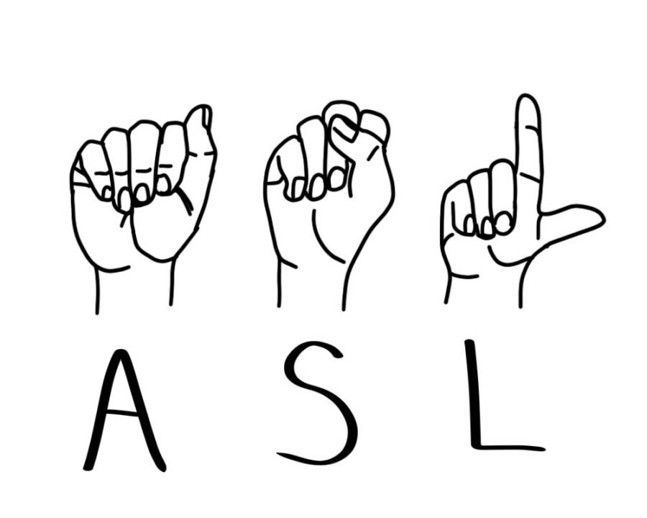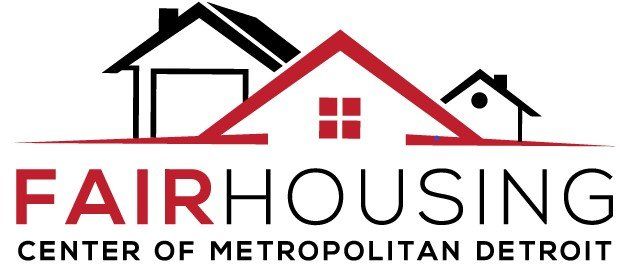Examples of Disparate Impact Discrimination
The following are examples of disparate impact discrimination:
Minimum Loan Policies
- Example : A lender’s policy is not to extend loans for single-family residences for less than $60,000.00.
This minimum loan amount policy is shown to disproportionately exclude potential minority applicants from consideration because of their income levels or the value of the houses in the areas in which they live. The lender will be required to justify the “business necessity” for the policy.
See also Agreed Order, US v. Luther Burbank Savings , No. 12-7809 (lender’s $400,000 minimum loan amount policy in its wholesale channel alleged to result in discrimination on grounds of race and national origin).
- Example : In the past, lenders primarily considered net income in making underwriting decisions. . . . A lender decided to switch its practices to consider gross income rather than net income. However, in calculating gross income, the lender did not distinguish between taxable and nontaxable income even though nontaxable income is of more value than the equivalent amount of taxable income.
The lender’s policy may have a disparate impact on individuals with disabilities and the elderly, both of whom are more likely than the general applicant pool to receive substantial nontaxable income.
The lender’s policy is likely to be proven discriminatory. First, the lender is unlikely to be able to show that the policy is compelled by business necessity. Second, even if the lender could show business necessity, the lender could achieve the same purpose with less discriminatory effect by “grossing up” nontaxable income (i.e., making it equivalent to gross taxable income by using formulas related to the applicant’s tax bracket). Joint Statement on Discrimination in Lending ( April 29, 1994).
Insurance Practices
- Example : “Some industry underwriting practices that may be applied uniformly and otherwise appear race-neutral, may have a disparate impact on minority communities. This may occur when insurers, for example, will not provide coverage or will refuse to provide full replacement coverage on lower-valued or older homes. Some insurers may refuse to insure homes valued at less than $50,000, or homes that were built before 1950. In the United States today, 47 percent of black households, but just 23 percent of white households, live in homes valued at less than $50,000. Similarly, 40 percent of black households compared to 29 percent of white households live in homes built before 1950. The racial effect is clear. . . .” Statement of Roberta Achtenberg, HUD Ass’t Sec’y of Fair Hous . & Equal Opportunity, at p. 19 , in Homeowners’ Insurance Discrimination: Hearings Before the S. Comm. on Banking, Housing, and Urban Affairs, 103rd Cong. (1994).
Landlord-Tenant Policies
- Example : A landlord refuses to accept child support income or alimony payments in determining financial eligibility (discrimination against women & families with children).
- Example : During an Insurance Habitability inspection, a 17-unit, low-income property is asked how many residents are Section 8 recipients. Ten days later insurance is canceled due to more than 10% of residents receiving Section 8 subsidies.
- Example : A housing provider’s use of occupancy standard as a means of avoiding excessive wear and tear on his units failed where housing provider failed to consider any of the various alternatives for achieving this goal as the plaintiff suggested ( e.g ., detailed maintenance requirements, more frequent inspections, higher security deposits, and more careful tenancy screening).
The post Examples of Disparate Impact Discrimination appeared first on Fair Housing Center of Metropolitan Detroit.










